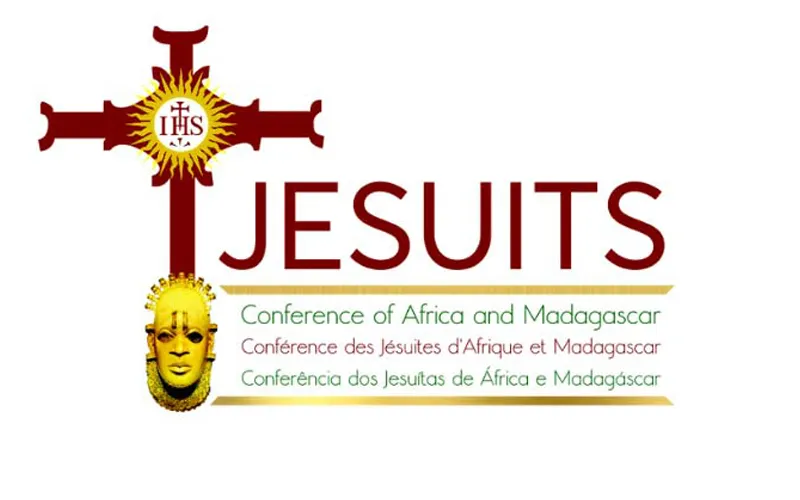Fr. Orobator explains, “We are proud to be home to the world’s largest ecological restoration project, the Great Green Wall, which is set to extend across the continent from Senegal to Djibouti, restoring degraded ecosystems and contributing to food and water security in one of the poorest parts of the world.”
Non-Governmental Organisations (NGOs) and governments are working towards the restoration of East African coral reefs, he further says, and adds, “These reefs stretch from Somalia to Mozambique, form the second largest barrier reef in the world and are an integral part of many coastal African peoples’ cultures and livelihoods.”
The JCAM President notes that although the highlighted efforts “give us great hope”, the vision toward ecological restoration faces “immense” challenges.
“Both marine and freshwater fisheries are increasingly managed in a way in which, even in the pursuit of environmental sustainability, the demands of justice are ignored and the cry of the poor falls on deaf ears,” he says.
The Jesuit Priest adds, “We find the use of state-sanctioned violence against small-scale fishers – including arrests, the destruction of property, and the violation of basic human rights – to be particularly disgraceful.”
JCAM is also concerned about “the widespread use of unsustainable agricultural practices in many regions of the continent like the use of chemical fertilisers and natural vegetation clearing, the growing threat posed by climate change, and a vision of development that seems committed to following a broken roadmap.”
“Our human wellbeing is intimately bound up with the health of the ecosystems of which we are a part, and we refuse to believe that social progress must also cause irreparable ecological harm,” Fr. Orobator says, adding that Jesuits on the continent “recognize the many connections between environmental sustainability and the global challenge presented by rising hunger and food insecurity.”
Making reference to Pope Francis’ Encyclical Laudato Si’ JCAM leadership says, “Pope Francis relates the cry of the earth with the cry of the poor: ‘I will point to the intimate relationship between the poor and the fragility of the planet, that everything is connected…and [to] the proposal of a new lifestyle’”
The Nairobi-based Priest explains, “This cry is a metaphor Pope Francis uses to describe the pain and suffering, the experience of sadness and loss of the poor and vulnerable, calling out for relief and sympathy.”
“The earth and the poor have equally endured these tears of lamentation. The cry is not just an expression of pain but also an appeal to responsibility,” the Nigerian-born Jesuit Priest says.








